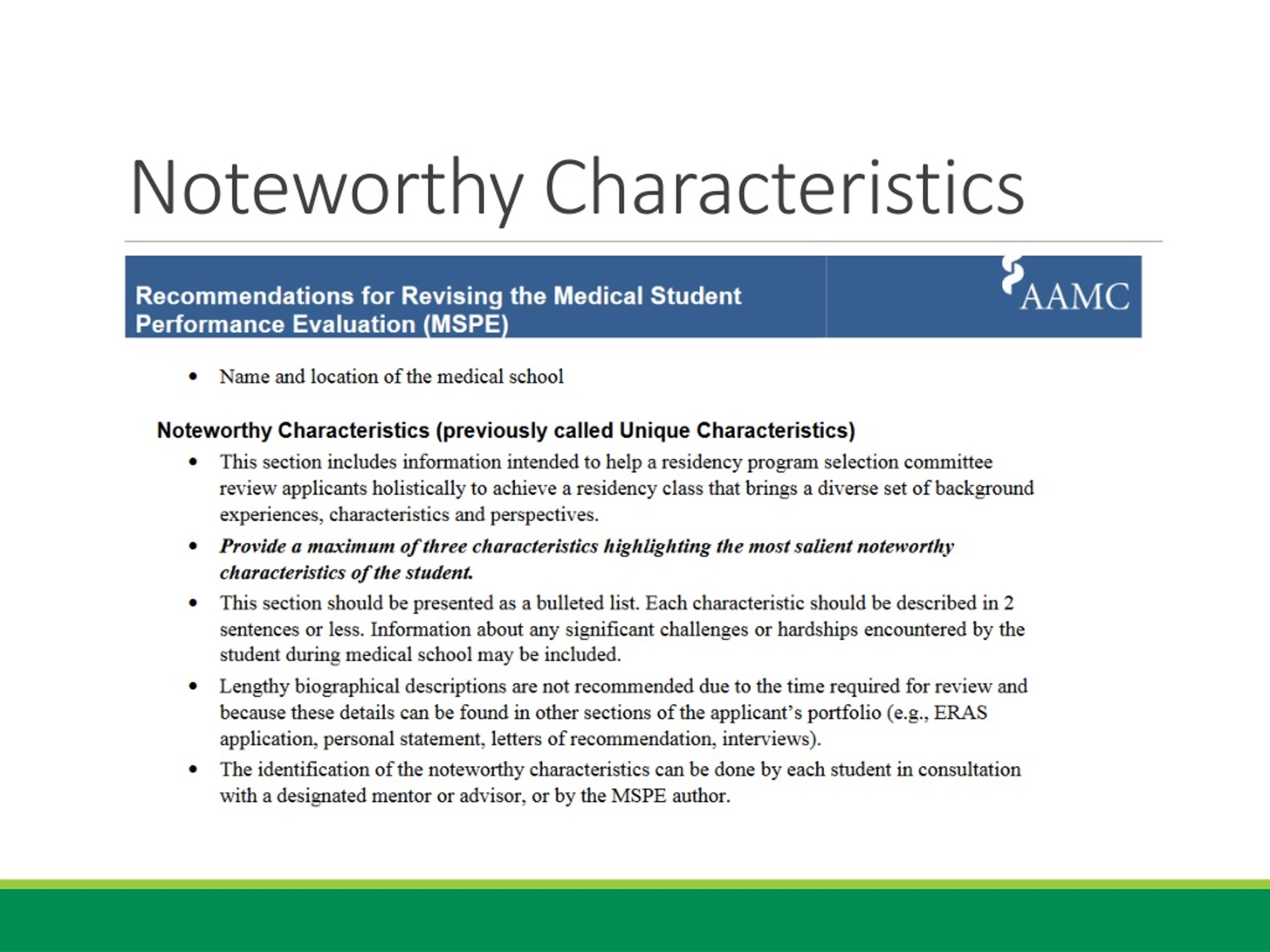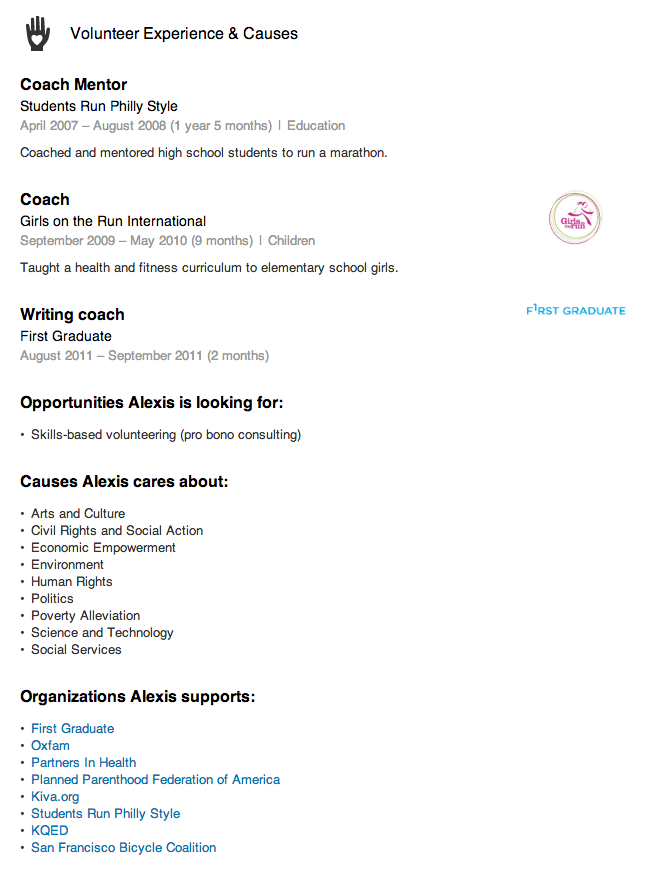
Older adults frequently provide services to the wider community through volunteer and charity work ( Wilson, 2000). Volunteering comprises the most widely researched behavioral manifestation of prosocial orientations in late life. Thus, it is important to examine the separate contributions of altruistic attitudes as well as prosocial behaviors to psychological well-being among the aged.

Focus on other-oriented views of the self in old age is also consistent with conceptualizations of vital involvement in the world ( Erikson, Erikson, & Kivnick, 1994) and gerotranscendence ( Tornstam, 2007) during the final stage of life. The potential mental health benefits of altruistic attitudes to those who hold them have been acknowledged ( Midlarsky & Midlarsky, 2004 Rushton, Chrisjohn, & Fekken, 1981). Altruistic attitudes refer to other-oriented concerns or compassion that is motivated by generativity ( Erikson, 1968), by concern for the welfare of others ( Dovidio, Piliavin, Schroder, & Penner, 2006), and by need for meaningful human connectedness even close to the end of life ( Kahana et al., 2011).Įlements of altruistic orientations have been incorporated in the definition of agreeableness, one of the Big Five personality dimensions ( Costa & McCrae, 1995). However, the association between altruistic attitudes and psychological well-being outcomes has not been previously explored using longitudinal data. Prior work utilizing cross-sectional data on older adults indicates that altruistic attitudes are prevalent among the elderly and that an association exists between altruistic attitudes and helping behaviors ( Midlarsky & Kahana, 1994). The present study explores empirical evidence regarding such expectations.Īltruistic attitudes comprise an important component of altruistic orientations, one that is not dependent on personal, material, or social resources that might decline in old age ( Kahana & Kahana, 2003). It has been argued that gerontological research must move beyond dependency, autonomy, and exchange-based models of old age and include contributory orientations to late life ( Kahana, Midlarsky, & Kahana, 1987 Midlarsky & Kahana, 2007). Thus, our study makes a unique contribution by presenting a multidimensional exploration of both dispositional and behavioral manifestations of altruism and also by considering alternative positive and negative well-being outcomes in a longitudinal framework.


This research aims to move beyond prior emphasis on behavioral manifestations of prosocial orientations, by also paying attention to altruistic attitudes that are likely to motivate helping and volunteering. This research explores the impact of altruistic attitudes, informal helping, and volunteering on diverse indicators of well-being among retirement community dwelling elders. Furthermore, attitudinal expressions of compassion and good will toward others can also serve as expressions of generativity that promote meaningfulness and well-being in late life ( Erikson, 1968). As social roles are lost in late life, opportunities to engage in prosocial, contributory activities afford a promising avenue for maintaining life satisfaction and psychological well-being ( Morrow-Howell, 2010).


 0 kommentar(er)
0 kommentar(er)
